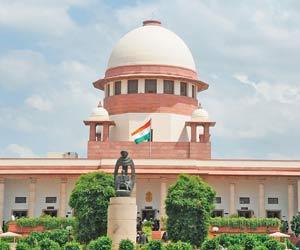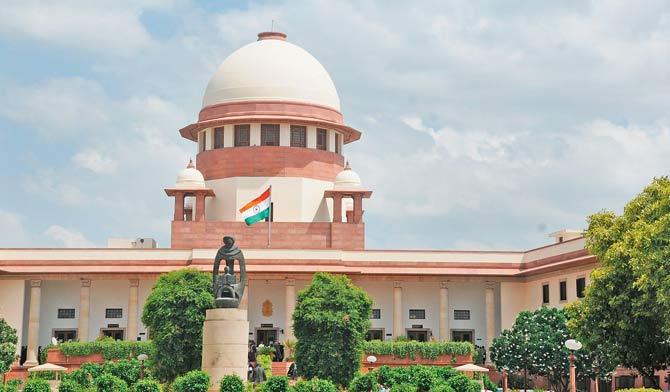The Supreme Court will on Wednesday hear a plea filed by Goa foundation in 2011 Goa mining cases, that was allegedly carried out in conspiracy with the then UPA government in the state


ADVERTISEMENT
The Supreme Court will on Wednesday hear a plea filed by Goa foundation in 2011 Goa mining cases, that was allegedly carried out in conspiracy with the then UPA government in the state. On January 18, a Special Investigation Team (SIT) of Goa police filed a charge sheet against former chief minister and Congress leader Digambar Kamat.
Kamat was the tthen chief minister and held the mines portfolio for that period when illegality took place. He had been questioned by the crime branch in the past. In the beginning of this year, the SIT of Goa crime branch had issued summons to him. In October 2012, the apex court suspended all iron ore mining and transportation in the state, following a report submitted by Justice M.B. Shah Commission, which found that millions of tonnes of iron ore were mined illegally.
The report stated that illegal mining was being carried out in conspiracy with the state government, including the then CM Digambar Kamat, who pegged the losses to the state at about Rs 35,000 crore. In 2015, the State Government renewed 88 mining leases, all owned by the very same holders, who were accused of illegal mining.
Download the new mid-day Android and iOS apps to get updates on all the latest and trending stories on the go
The content/reporting displayed on our website www.mid-day.com is provided "AS-IS," "AS AVAILABLE, by us from third party, agencies, sources, without any verification from our side. It may contain error, bugs and other limitations. The reader's can rely on the content at their own will. Mid-day accepts no responsibility or liability for its dependability, trustworthiness, reliability, data, text, images, video, messages, or any other material whatsoever or for any claims/loss/action that the reader may suffer as a result of relying on the content on our site. Mid-day management/mid-day.com reserves the sole right to alter, delete or remove (without notice) the content in its absolute discretion for any reason whatsoever.
 Subscribe today by clicking the link and stay updated with the latest news!" Click here!
Subscribe today by clicking the link and stay updated with the latest news!" Click here!







